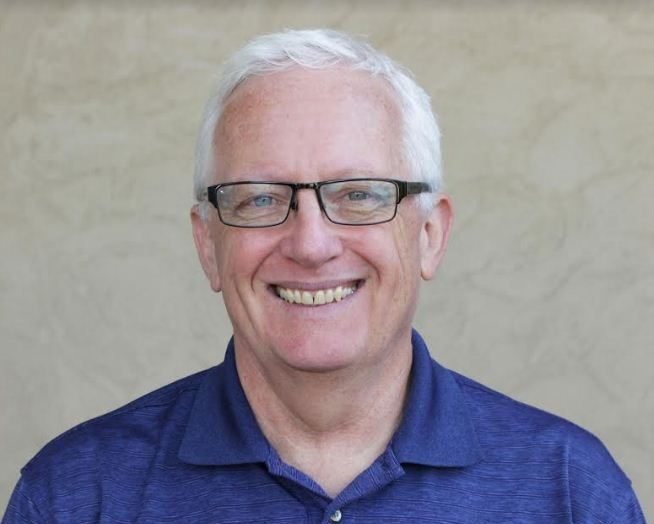
Thousands of British Columbians are needlessly facing premature death. Our province’s citizens with intellectual disabilities are dying up to 20 years earlier than the general public. They experience two to three times more preventable hospitalizations, and suffer from dramatically higher rates of obesity, mental illness, over-medication, and poor oral health.
This is not because a person with an intellectual disability is inherently less healthy – but because of structural, social, and communication factors that stop them from getting the same level of health care as everyone else. They’re dying earlier because of things we can change.
People with intellectual disabilities have been severely marginalised, facing alarming health outcomes their whole lives. Now more than ever, with the added challenges of COVID-19, this needs to change. It can mean the difference between life and death.
Special Olympics BC has challenged all candidates in the 2020 election to commit to engaging with people with intellectual disabilities and their supporters, to work together to end these deadly and unacceptable health conditions.
It’s not that the wider population doesn’t care. Special Olympics BC has found that when we present the facts we do know, people are shocked and appalled. They want to end the suffering of their neighbours with intellectual disabilities, who bring vital contributions to all communities.We hope everyone will contact their local candidates to express the importance of this issue.
Now is the time when B.C.’s politicians must step forward and take a leadership role to create essential and lasting change.
Grenville Finch-Noyes, Special Olympics BC Director and Past President, is among those challenging election candidates and parties to make the necessary investments to improve the lives of citizens with intellectual disabilities. Finch-Noyes calls on them to commit to prioritizing change in our health system to make sure individuals with intellectual disabilities will no longer face inequality in health and in life, and to ensure no other families will lose their loved ones with intellectual disabilities far too young.
“My sister Charmian was an amazing person, and a force,” Finch-Noyes says.“She was a very early Special Olympics athlete in Ontario. When she was only 47 years old, we lost her very suddenly to undiagnosed cervical cancer.
“She had loving care and support from our family and the caregivers with whom she lived. But her cancer went undiagnosed because of barriers in the health system, like communication challenges that people with intellectual disabilities experience in health care settings, and lack of training for health care practitioners to work with intellectual disabilities.These are things that can and should be changed.”
We all need to speak together and speak up to show how much people with intellectual disabilities matter throughout our province. The status quo is not acceptable, and we need our politicians to commit to helping solve this complex problem.
To learn more, please visit www.specialolympics.bc.ca.
Dan Howe is President & CEO, Special Olympics BC.



David Lassmann says
Mr. Howe’s comments are well taken. In my view, drug addicts and people with mental illnesses could be included in his list of people needing special attention. In my experience these people tend to not take good care of themselves, and this is no doubt also true of those who are intellectually weak.